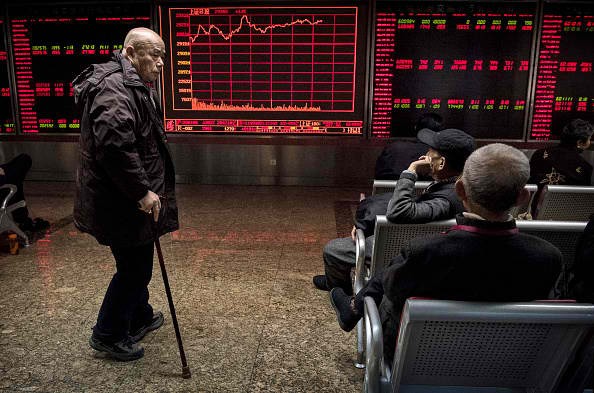Aging stands as a global problem with massive repercussions on both policy and the economy--the lack of a younger workforce serves as an added threat to social services funding, which in turn is aggravated by the growing number of old people. China, however, has peculiarities that require urgent attention.
China's "one child policy" was conceived to curb overpopulation in the country upon its introduction. But with Generation X nearing retirement, and Chinese millennials (sparse because of the policy) beset with the demands of rapid economic growth, a different kind of overpopulation now threatens the country.
Old people in China are set to take on a larger portion of its population; from 222 million in 2015 (16.1 percent of the total population), they are expected to reach around 500 million in 2050 (36.5 percent), assuming active efforts to increase the country's young population through higher fertility rates fail to take off.
That scenario, obviously unthought of when the one child policy first took flight, is now pushing China on the brink of having its pension fund wiped out, with the eventual introduction of the new "two child policy" last year having yet to produce material results as of late.
China's pension market should no longer tolerate complacency in that regard. Its integration in the country's medical system now emerges as an urgent need to maximize care for the country's old people amid evaporating pension funds.
At the same time, the Chinese government must intervene further to encourage couples to have two children, considering that their concerns on ensuring proper child development--a widened concept in recent years--are offset by financial issues and quality of education, childcare, and social services.
Policies and programs enabling improved medical workforce staffing, which in turn has roots in medical education, also stands as a crucial factor to aid old and young people alike in China, both being potential subjects of the unforeseen costs coming out of the once-lauded one child policy.



























